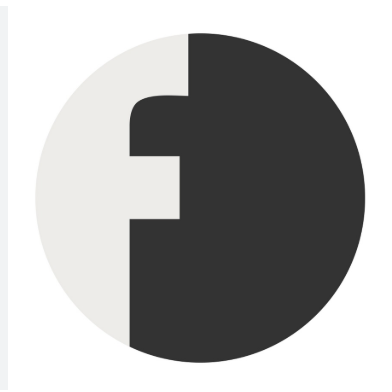Article by Annalisa Girardi – Journalist, Fanpage.it
Democracy needs defense. A tough defense. The European Union's High Representative for Foreign Policy, Kaja Kallas, has no doubts: we can no longer take the democratic order for granted; we must change our mindset and understand that this is a value that must also be protected through defense. Kallas gave a lengthy speech at the Copenhagen Democracy Summit, in which she listed four lessons that, in her opinion, we should have learned from the events of recent years. And that we should keep in mind.
"Democracy is no longer the norm globally. Today, liberal democracy is the least widespread model in the world. Seventy-two percent of people live under autocracies, the highest percentage we've seen since 1978," he explained. In short, the world has changed, and we can no longer afford to take democracy for granted.
Lesson 1: Courageous choices are needed to build democracy
Instant gratification is difficult to achieve in democracies, because decision-making processes can be lengthy and intricate. Kallas recalled a saying, "If you want to go fast, go alone, but if you want to go far, go together," explaining that it captures the essence of democracy. Building democracy, however, requires a lot of work. And courageous choices. "Being a member of the European Union is a way to consolidate democracy, but it doesn't pay off overnight. Democracies, however, can create long-term prosperity by protecting individual rights, guaranteeing freedom, and leading to peace," the High Representative added.
Lesson 2: Democracies need defense
Since the war broke out in Ukraine, but especially since Donald Trump's United States made it clear it will not always be willing to provide for the Old Continent's defense, the discussion on common defense has become much more concrete in Brussels. "Treaties alone do not guarantee peace," Kallas said. "Ukraine learned this in 2014 with Russia's annexation of Crimea and now in three years of large-scale invasion. We must answer the question of how to stop the historic cycle of Russian aggression against democracies." The High Representative then added: "Strength serves as a deterrent against the aggressor. Weakness, on the other hand, invites it."
In short, when it comes to security guarantees, words aren't enough. And for this reason, the European Union is materially supporting the Ukrainian army. "The war will end. But when that happens, it must end once and for all. Peace has never been free. We must invest in defense even in times of peace, to protect peace itself, but also our values and our democracy," Kallas continued.
The European Union is investing in defense like never before, with the Rearm EU plan, which has mobilized 800 billion euros: "It's time to transform our economic capabilities into military power."
Lesson 3: Opponents are always ready to exploit divisions
It's normal for disagreements to exist in democracies. When a single person, or a select few, decides everything, everything appears more fluid, whereas democracies are based on the inclusion of diverse opinions and compromise. The problem is that some global players exploit these distinctions to create divisions and weaken Europe's position. In recent years, many European countries have been targeted by disinformation and fake news campaigns spread by foreign actors. Not to mention interference in election campaigns.
Lesson 4: It's never too late to rebuild democracies
In this sense, too, protecting and supporting independent media is crucial. A free press is essential for democracy, especially when countries like China or Russia use the press to control the narrative, even on global issues. And this becomes even more relevant when we talk about countries emerging from regimes or autocracies: free and independent media are essential for rebuilding the civic space necessary for democracy to be reborn.
“We must fight for democracy. We cannot take it for granted. Democracy is never imposed from above; it is a choice. We must choose it every day. We must be active citizens of our democracies. And we must defend them vigorously,” Kallas concluded.
